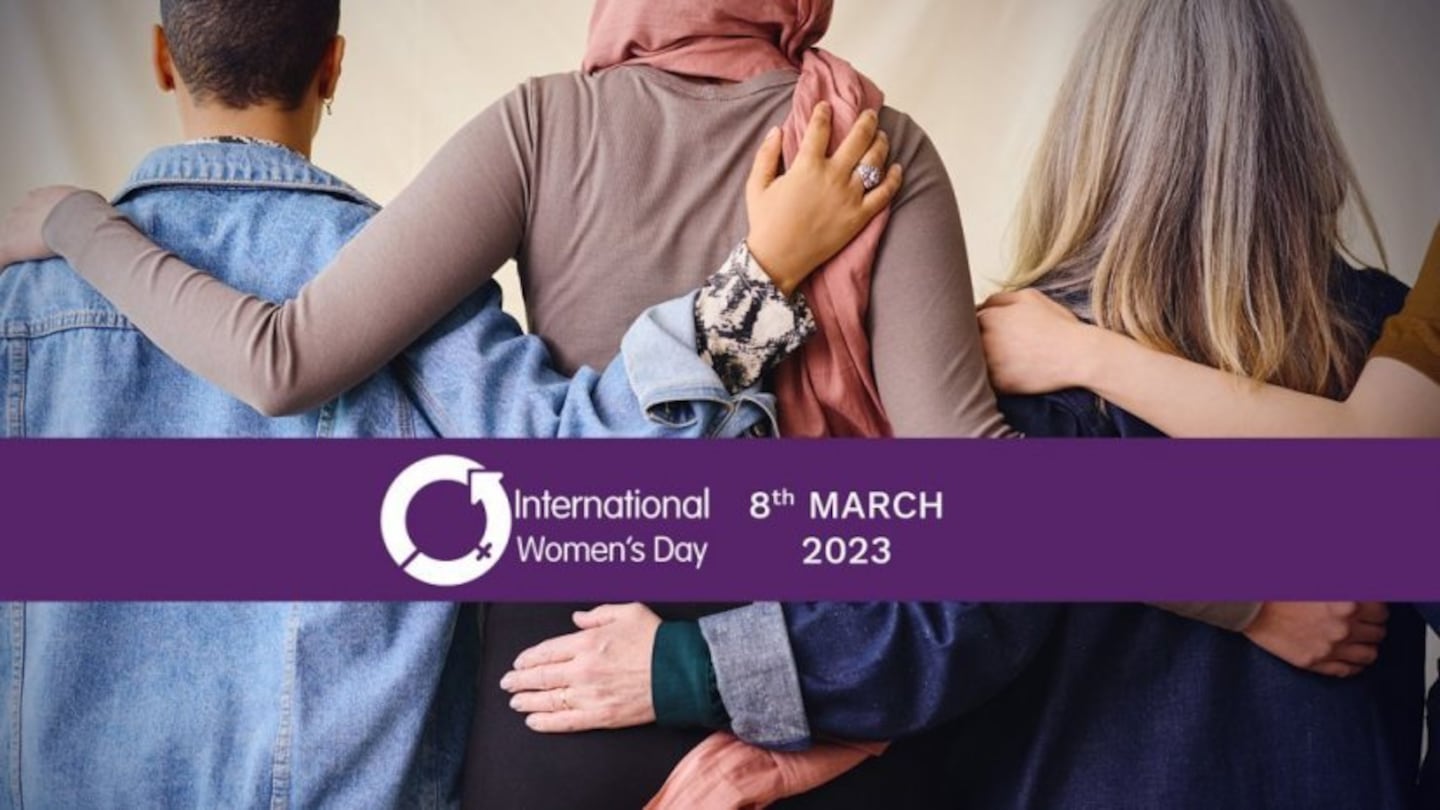While today is being celebrated as International Women’s Day, new research is painting a sobering picture of the impact of family violence on wāhine.
More than half of New Zealand women have experienced violence or abuse by an intimate partner, which then increases the risk of developing a mental health disorder or other chronic physical illness.
University of Auckland indigenous studies professor and Te Wānanga o Waipapa co-head Tracey McIntosh (Ngāi Tūhoe) was a co-author of the 2019 New Zealand Family Violence Study, which found domestic violence increases the risk of developing a mental health disorder by almost three times and a chronic physical illness almost twice.
“The more a woman experiences these things, the more likely she’s going to have an adverse health effect. Some of them can be related to post-traumatic stress syndrome. Some of that is just around toxic environments, high-level stress – all of those we know have an impact on health. So here we’re able to demonstrate that very significant link,” McIntosh says.
Some 1400 women and 1300 men were interviewed as part of the research. McIntosh says interviewees experiencing interment-partner violence have been “static”.
Though there are some stats in decline, some are increasing, such as economic violence.
“It is far too high, so we must always treat this with real urgency.”
McIntosh is calling on for family violence to be recognised as a health issue to make sure the support services are adequate.
“That means we look at the ways to change the system to recognise that, yes, it’s a social and community issue, it’s a whānau Māori issue but it is also without a doubt a health issue. So we need to make sure we have a far more cohesive and coherent approach.
“If we only work with wāhine Māori we’re not going to change this impact. We might change the lives of individuals but we won’t change the collective, so we must work with wāhine, tāne and our tamariki.”




